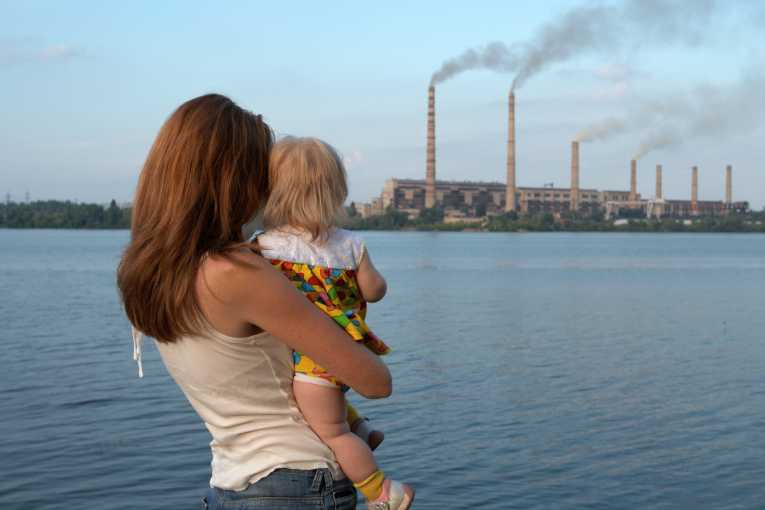The American Lung Association's State of the Air 2011 report released April 27 says that ''the majority of American cities most-polluted by ozone (smog) or year-round particle pollution (soot) have improved,'' during 2007-2009.
Still, according to the report, about 154.5 million people - 50.3% of the U.S. population - are subjected to ''unhealthful levels of of either ozone or particle pollution,'' according to the report's key findings, which you can find here.
The report covers three measures: ozone, short term particle (solid and liquid) levels and year-round particle levels.
About 48% of Americans live with unhealthful levels of ozone, according to the report. Ozone, a molecule composed of three oxygen atoms, reacts chemically with lung tissue, causing coughing, wheezing, asthma attacks, decreased lung function, respiratory infection, lung inflammation and worsened lung diseases, and premature death.
For particle pollution, the report says that about 18.5 million people live with unhealthful year-round levels of particle pollution. Exposure to even low levels of particle pollution for long periods of time puts people at increased risk for asthma, lung damage and again premature death.
For short term particle pollution - incidences of increased particle pollution that last several hours to a few days - the report says 60 million Americans were exposed to ''too many days with unhealthy spikes in particle pollution.'' The report warns that these spikes put people at risk of heart attacks and strokes, can increase emergency-room visits for asthma and cardiovascular disease, and also, again, increases the risk of early death.
The report lists the cities with the worst pollution for the three measures. The website also enables Americans to find out how their own cities rate.
It names the two cleanest cities in the U.S. which had no days when ozone and particles reached unhealthful levels: Honolulu, Hawaii and Santa Fe-Espanola, New Mexico.
The State of the Air 2011 report credits the country's 1970 Clean Air Act for the improved air quality and calls on Americans to protect the law against proposed changes.










